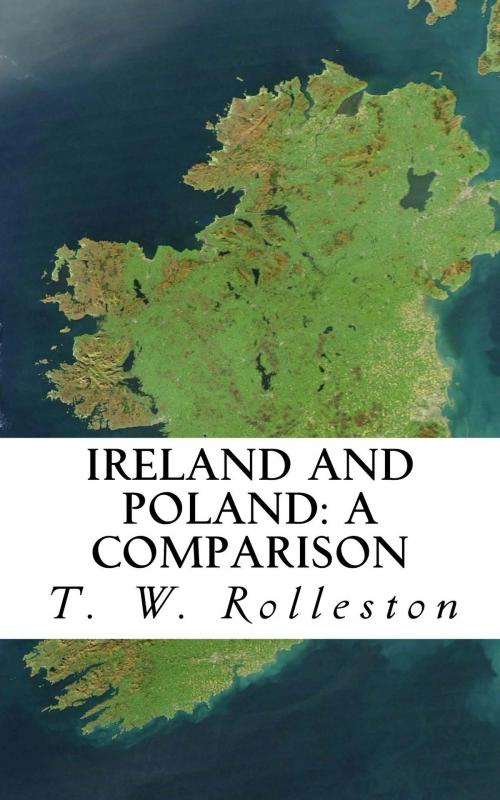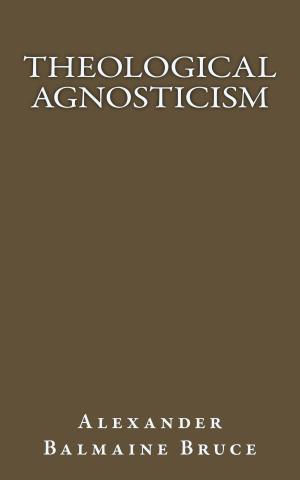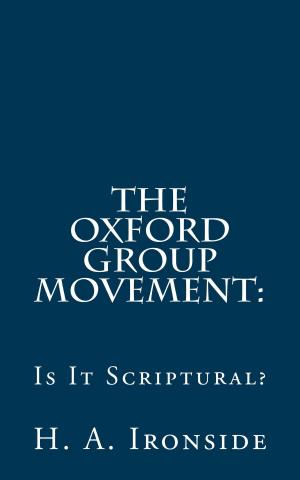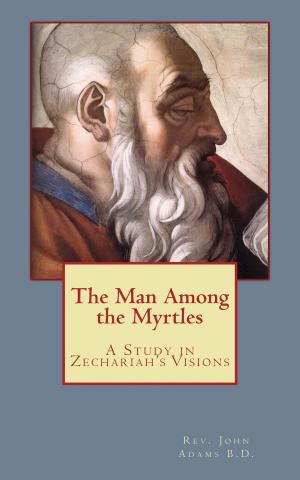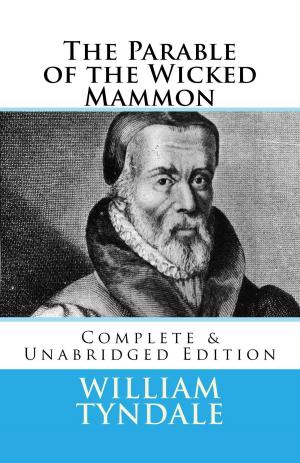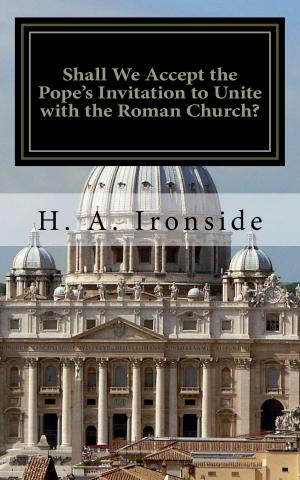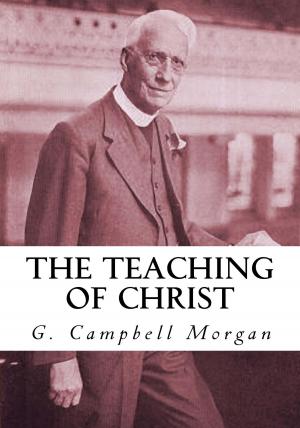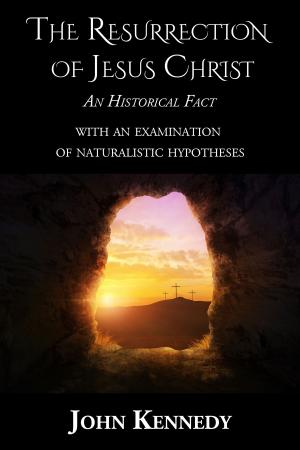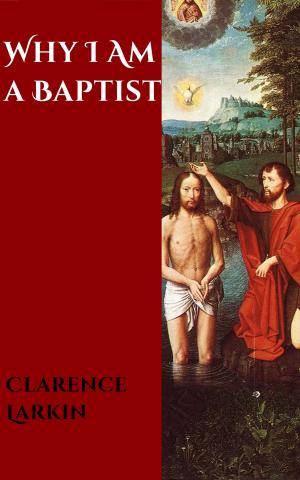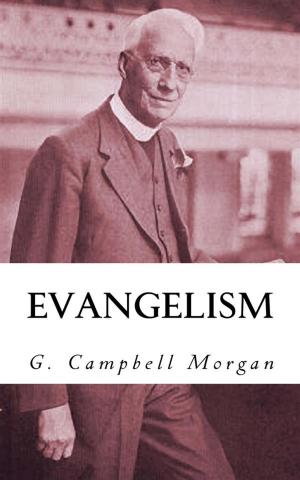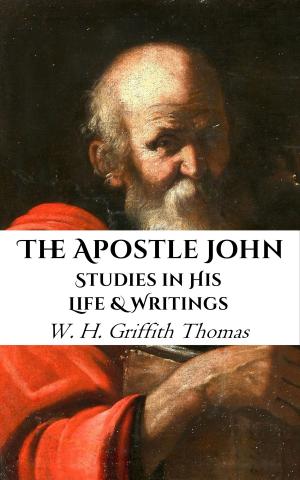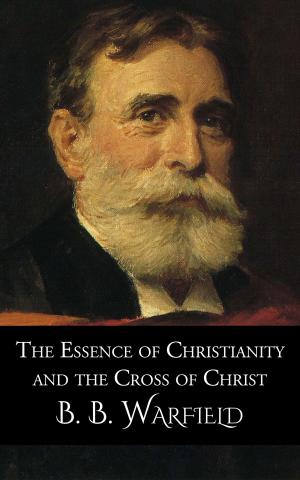Ireland and Poland: A Comparison
Nonfiction, Social & Cultural Studies, Social Science, Human Geography, Cultural Studies, Ethnic Studies| Author: | T. W. Rolleston | ISBN: | 1230001949513 |
| Publisher: | CrossReach Publications | Publication: | October 2, 2017 |
| Imprint: | Language: | English |
| Author: | T. W. Rolleston |
| ISBN: | 1230001949513 |
| Publisher: | CrossReach Publications |
| Publication: | October 2, 2017 |
| Imprint: | |
| Language: | English |
I shall now ask the reader to glance for a moment at the condition of Ireland fifty years ago. At that time almost the whole agricultural population were in the position of tenants-at-will, with no security either against increased rents or arbitrary eviction. The housing of the rural population, and especially of the agricultural labourers, was wretched in the extreme. Local taxation and administration were wholly in the hands of Grand Juries, bodies appointed by the Crown from among the country gentlemen in each district. Irish Roman Catholics were without any system of University education comparable to that which Protestants had enjoyed for three hundred years in the University of Dublin. A Church which, whatever its historic claims may have been, numbered only about 12 percent of the population was established by law and supported by tithes levied on the whole country. Technical education was inaccessible to the great bulk of the nation; and in no department of public education, of any grade or by whomsoever administered, was any attention paid to Irish history, the Irish language, Irish literature, or any subject which might lead young Irishmen to a better knowledge and understanding of the special problems of their country and its special claims to the love and respect of its children.
That was the Ireland of fifty years ago. It is an Ireland which at the present day lives only on the lips of anti-British orators and journalists. It is an Ireland as dead as the France of Louis XIV. Of the abuses and disabilities just recounted not one survives to-day. The measures by which they have been removed place to the credit of the United Kingdom a record of reform the details of which, for the benefit of friends or foes, may be here very briefly set down.
I shall now ask the reader to glance for a moment at the condition of Ireland fifty years ago. At that time almost the whole agricultural population were in the position of tenants-at-will, with no security either against increased rents or arbitrary eviction. The housing of the rural population, and especially of the agricultural labourers, was wretched in the extreme. Local taxation and administration were wholly in the hands of Grand Juries, bodies appointed by the Crown from among the country gentlemen in each district. Irish Roman Catholics were without any system of University education comparable to that which Protestants had enjoyed for three hundred years in the University of Dublin. A Church which, whatever its historic claims may have been, numbered only about 12 percent of the population was established by law and supported by tithes levied on the whole country. Technical education was inaccessible to the great bulk of the nation; and in no department of public education, of any grade or by whomsoever administered, was any attention paid to Irish history, the Irish language, Irish literature, or any subject which might lead young Irishmen to a better knowledge and understanding of the special problems of their country and its special claims to the love and respect of its children.
That was the Ireland of fifty years ago. It is an Ireland which at the present day lives only on the lips of anti-British orators and journalists. It is an Ireland as dead as the France of Louis XIV. Of the abuses and disabilities just recounted not one survives to-day. The measures by which they have been removed place to the credit of the United Kingdom a record of reform the details of which, for the benefit of friends or foes, may be here very briefly set down.
